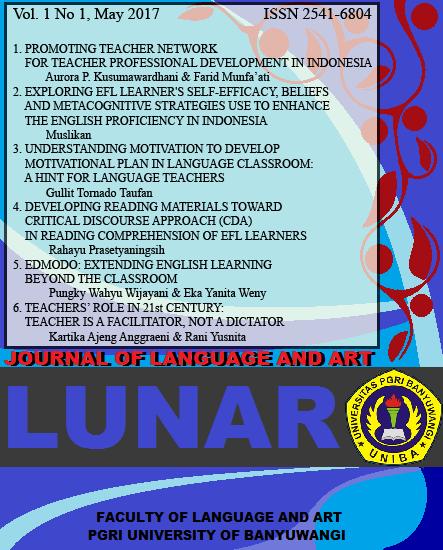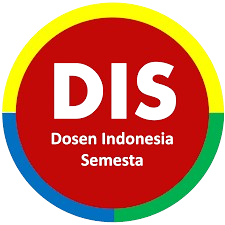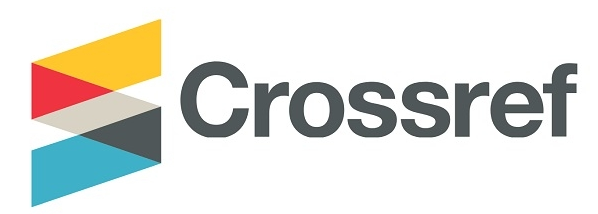EXPLORING EFL LEARNER'S SELF-EFFICACY, BELIEFS AND METACOGNITIVE STRATEGIES USE TO ENHANCE THE ENGLISH PROFICIENCY IN INDONESIA
Abstract
Individual differences among EFL learners have been widely accepted playing important roles on successful English learners. EFL teachers should encourage the language learners to improve their self-efficacy and language learning strategy use especially metacognitive by seeking the ways to increase their experience or years of English study. This also should necessarily result in change in their beliefs and learning strategy use especially about foreign language learning because people with high self-efficacy—that is, those who believe they can perform well—are more likely to view difficult tasks as something to be mastered rather than something to be avoided. Moreover, metacognitive strategies are needed for planning, monitoring, and evaluating learning. Started from this understanding, it can be widely believed that both learners’ self-efficacy and metaconitive strategy are undoubtedly powerful variables on enhancing the learners’ English proficiency. Thus, this paper will focus on exploring EFL learner's self-efficacy beliefs and metacognitive strategies use to enhance their English proficiency.
References
Bandura, A. 1995. Self-efficacy in changing societies. New York, N.Y.: Cambridge University Press.
Bandura, A. 1997. Self-efficacy: the exercise of control. New York, N.Y.: W.H. Freeman.
Bandura, A. 1986. Social foundations of thought and action. Upper Saddle River, N.J.: Prentice Hall.
Bialystok, E. 1979. The role of conscious strategies in second language proficiency. Canadian Modern Language Review, 35, 372-394.
Brown, H. D. 1994. Principles of language learning and teaching 3ed. New York: Prentice Hall.
Cherry, Kendra. n.d. What is self-efficacy? About.com Psychology. Retrieved from http://psychology.about.com/od/theoriesofpersonality/a/self_efficacy.htm
Dörnyei, Z. 2005. The psychology of the language learner: Individual differences in second language acquisition. Mahwah, NJ: Lawrence Erlbaum Associates.
Ellis, R. 1997. Second language acquisition. New York: Oxford University Press.
Fitton, E. 2008. Self-efficacy. Funderstanding. Retrieved from http://www.funderstanding.com/content/self-efficacy
Hismanoglu, Murat et. al. 2000. Language learning strategies in foreign language learning nand Teaching. The interpret TESL Journal (online), http://iteslj.org/articles/hismanoglu-strategies.html. downloaded on July, 4th 2012.
O’Malley, J. M. & Charmot, A. U. 1990. Learning Strategies in Second Language Acquisition. New York: Cambridge University Press.
Ormrod, J. E. 2008. Human learning (5th ed.). Upper Saddle River, N.J.: Pearson Education Inc.
Oxford, R. L. 1990. Language learning strategies. New York: Newbury House Publishers.
Oxford, R. L., & Nyikos, M. 1989. Variables affecting choice of language learning strategies by university students. Modern Language Journal, 73, 291-300.
Pajares, F. 1996. Current directions in self-efficacy research. Retrieved From http://www.des.emory.edu/mfp/effchapter.html
Rahimi, M., Riazi, A., & Saif, Sh. 2004. An investigation into the factors affecting the use of language learningstrategies by Persian EFL learners. RCLA.CJAL, 11(2), 31-60.
Schmit, Norbert and Michael McCarthy. 1997. Vocabulary description acquisition and pedagody. New York: Cambridge Press.
Schwarzer, R. n.d.. Perceived self-efficacy. National Cancer Institute. Retrieved From http://cancercontrol.cancer.gov/brp/constructs/self-efficacy/self-efficacy.pdf
Downloads
Published
How to Cite
Issue
Section
License
This work is licensed under a Creative Commons Attribution-ShareAlike 4.0 International License.



















